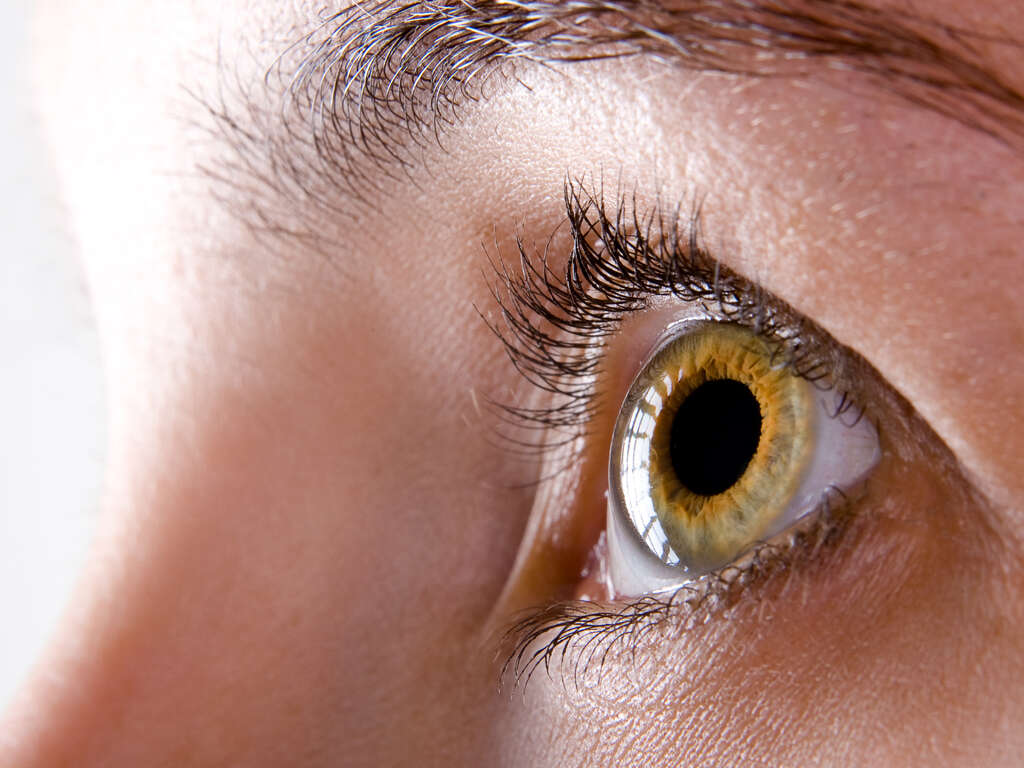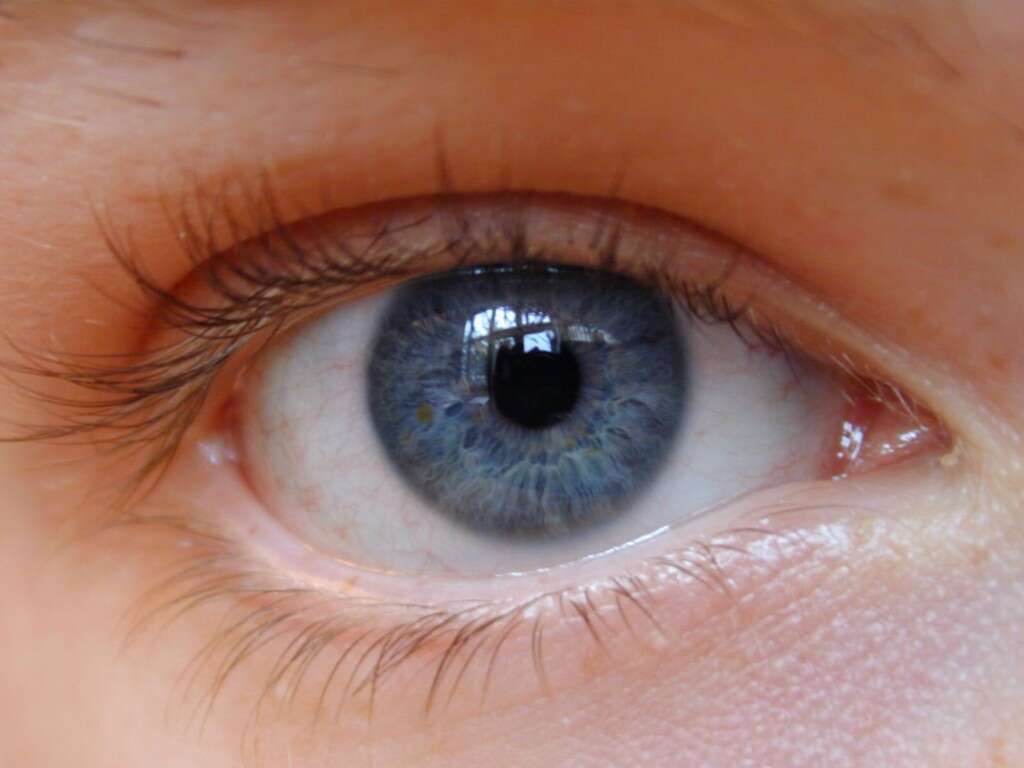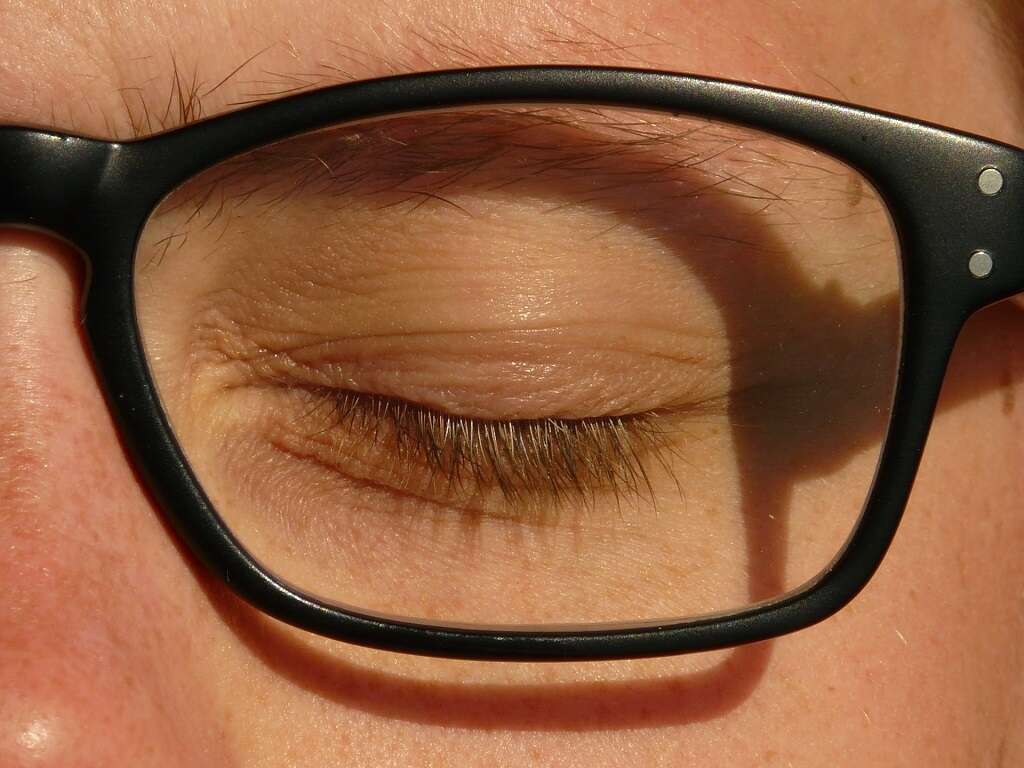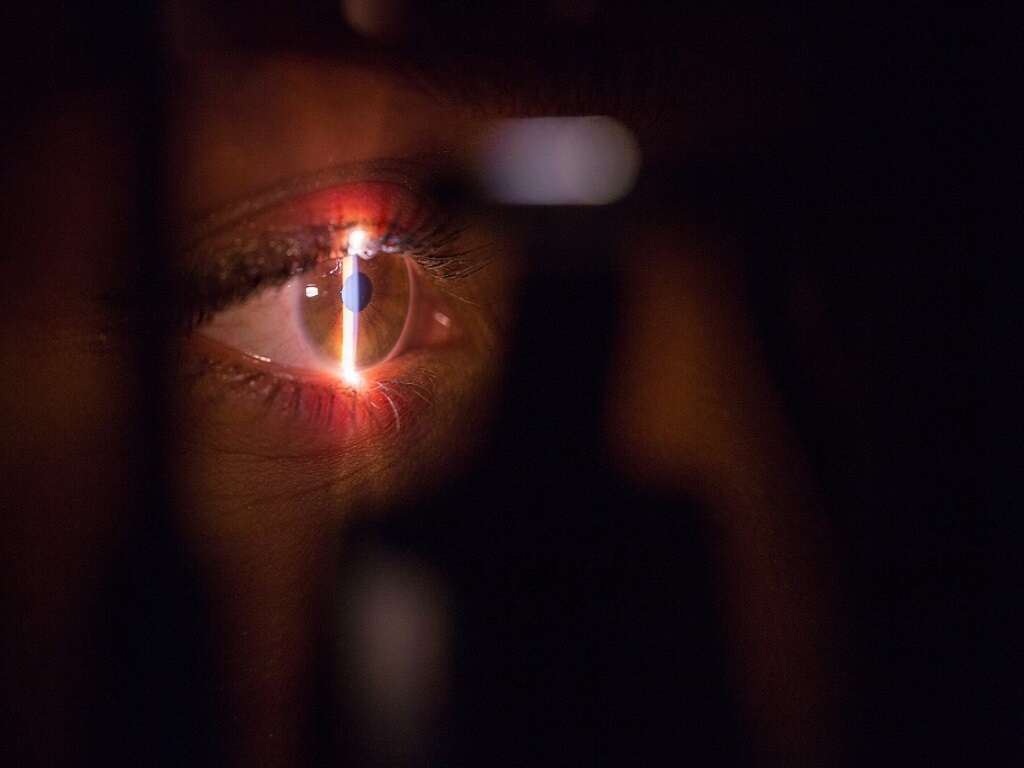10 Causes of Eye Twitching
Eye twitching is common and typically benign, meaning not a serious medical condition. It may occur suddenly and seem to be out of nowhere. The eye twitching can range from obvious to not noticeable. Typically, eye twitches may feel stronger than they actually appear to someone looking at your eye. This is actually called myokymia, when muscles twitch in the eyelid of one eye. Eye twitching usually does not last very long, but it is known to last up to a couple months.
There are several triggers that can cause eye twitching to occur including medications, stress, smoking, tiredness, strain, lack of sleep, caffeine, alcohol, allergies and nutrient deficiencies. If you need glasses and do not address it, this may lead to eye twitching. The symptom can be eliminated once the trigger is eliminated. Usually, after patients make a lifestyle change, the eye twitching relieves immediately. Another option is Botox injections, which may stop muscle contractions from occurring in the eyelid.
A couple neurological conditions that can affect the eye include blepharospasm and hemifacial spasm, which are not as common as benign eye twitching. Eye twitching can sometimes be the earliest sign of a chronic disorder, particularly when other facial spasms develop at the same time. Let’s take a look at the common causes of eye twitching.

Cause #1: Stress
It is natural to undergo stress, however when it becomes chronic, our bodies begin to manifest it in physical ways. One way in which stress may be revealed is through chronic eye twitching. If you suffer from vision problems, this can further be exacerbated.
Daily stress management is the best way to combat these types of issues. Consider taking up yoga or going on a morning walk in order to make room for yourself during your busy schedule. Spending time with friends or pets and getting your schedule organized can help relieve chronic daily stress. If the trigger for stress is more serious than that caused by daily activity, consider speaking with a therapist about it.

Cause #2: Eye Strain
Vision related stress is not uncommon for those who struggle with their eyesight and have not yet realized that they might need glasses or may even have the incorrect prescription. Another symptom of eye strain issues is having chronic headaches throughout the day. Even a minor visual problem can make the eyes have to work too hard and trigger the eye twitching or headaches. Consider scheduling an eye doctor appointment to have an exam done that will check on your prescription.
Some causes of eye strain, other than general eye deterioration, includes computer screens. It is now extremely common to stare at a computer screen for the majority of the day. From tablets to smartphones, our eyes are constantly being strained by blue light. If you have a desk job that requires you to be on the computer all day, consider purchasing glasses that block the blue light to reduce strain. Another way to relax the eyes is to make it a habit to look away from the computer every 20 minutes for at least 20 seconds.

Cause #3: Caffeine
Too much caffeine can trigger eye twitching. It is one of the most common reasons why eye twitching occurs. Evaluate your caffeine intake within the twenty-four hours before eyelid twitching began. An increase in caffeine and stress go hand in hand, further exacerbating the potential for eyelid twitching. It is possible to help reduce the eye twitching by eliminating caffeine for a period of time.
About 200 to 300 milligrams (two to four cups of coffee) is considered a safe amount to consume in one day. If you have drank a considerably more amount than usual, eyelid twitching may become a side effect. Caffeine can also have hidden source, such as over the counter medications or even sodas. It is important to check the labels of products to see if they have caffeine.

Cause #4: Dry Eyes
After the age of 50, it is not uncommon for adults to experience the symptom of dry eyes. The tear ducts are not able to produce enough to lubricate the eye. Dry eyes are also common among those who use computers all day or take medications such as antidepressants. Contact lenses are also a trigger for dry eyes. Caffeine may cause dehydration and also affect dry eyes.
If having dry eyes are a chronic issue for you, consider speaking with an eye doctor to be evaluated and prescribed medication to relieve your symptoms. Restoring moisture to the eye may stop the spasms from occurring.

Cause #5: Nutritional Imbalances
Modern day agricultural techniques cause certain micronutrients to be stripped from the soil in which fruits and vegetables grow. There is some research stating that certain micronutrient deficiencies can trigger symptoms including eye twitching and muscle spasms. One micronutrient includes magnesium. Although the research is inconclusive, it is important to consider whether supplementation may be right for you.
If you are concerned about whether supplements are right for you, consider speaking with a medical professional regarding over-the-counter products. A magnesium acid complex, magnesium citrate, is widely available, versatile and is highly bioavailability.

Cause #6: Allergies
People who suffer from allergies, may have side effects including itchy, watery or dry eyes. This may trigger eye twitching to occur. Rubbing the eyes may cause swelling because histamine is released into the eyelid tissues and the tear ducts. The act of rubbing the eyes may also be significant because some evidence suggests that histamine is released into the eyelids.
In order to relieve this problem, some doctors recommend antihistamine eye drops or tablets to help with the eyelid twitch. Another option is taking allergy medication, because it is not uncommon for antihistamine eye drops to cause dry eyes. Consider working with your doctor to find the right remedy for you.

Cause #7: Tiredness
A lack of sleep is not uncommon in causing eye twitching. Catching up on sleep will help to reduce eye muscle fatigue that causes eyelid twitching. Typically seven to eight hours of sleep every night is recommended for the average person. Research has shown a correlation between eye twitching and lack of sleep.
A fatigued body is likely to experience spasms in the legs or hands when they are tired or overworked. The same thing can occur in the eyes when they are constantly required to focus and work.

Cause #8: Blepharospasm
Blepharospasm is a neurological condition characterized by the gradual increase in twitching in both eyelids. It is a very rare disease and only affects 20,000 people in the United States. This involuntary spasm may continue for an extended period of time and may even lead to blindness. It is an abnormal blinking of the eyelid and can be the result of any cause, ranging from dry eyes to Tourette’s syndrome. It is not life threatening and does not disturb the eye’s ability to see, unless it is forced to close.
Although there is no cure, botulinum toxin injections may help relieve twitching temporarily. Drug therapy has proven to be short term and finding an effective regimen requires trial and error. People who do not respond well to medication or botulinum toxin injections are candidates for surgery, which would remove muscles responsible for eyelid closure.

Cause #9: Hemifacial spasm
Hemifacial spasm is also a rare neuromuscular disease. This disease has two forms, typical and atypical. In the typical form, the twitching starts in the lower eyelid in orbicularis oculi muscle. It may spread to the whole lid and muscle in the cheekbone area. The twitching occurs in the atypical form of hemifacial spasm. Twitching starts around the lips and cheekbones, then progresses to the eyelid. The incidence of hemifacial spasm is around 0.8 per 100,000.
Mild cases can be managed with sedation or drugs. Botulinum toxin injections are the current treatment of the spasm. Microvascular decompression is a common surgical treatment that relieves pressure on the facial nerve.

Cause #10: Photophobia
Photophobia occurs when the eyes are extremely sensitive to light. The retina of the eye typically contains cells that detect light and projects forms on to the visual pathway through the optic nerve. Cells in the retina may be involved in light sensitivity. Consider speaking to a physician if you experience light sensitivity.
Photophobia is not an eye disease, but rather a symptom of another condition such as migraines or blepharospasm. Dry eyes are also associated with photophobia and may trigger eye twitching.












